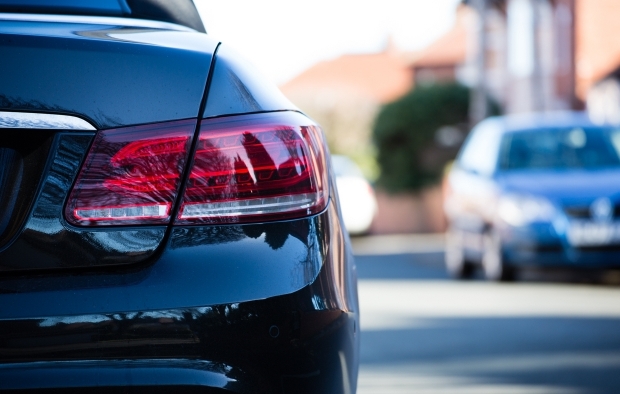
- Home
- News
- Road Traffic
- Three Driving Law Changes in 2018

Three Driving Law Changes in 2018
This year is set to see some of the biggest shake-ups in driving law of recent times. Changes to driving lessons will see learner drivers allowed on motorways for the first time, while the MOT test is due to become harder for diesel vehicles and employ new fault categories. You can read about how the MOT is changing here.
There are several other ways in which the laws of the road are being refreshed this year, so here are three of the biggest driving law changes that are coming in 2018.
Learner drivers allowed on motorways
As we've already mentioned, one of the biggest overhauls to driving law in recent memory will see learner drivers allowed on motorways for the first time. Whilst motorway driving is not set to become a part of the practical driving test, the upcoming changes will give learners the option to carry out a portion of their lessons on the motorway.
Learner drivers allowed on motorways must be deemed confident and competent enough to do so, and will have to be accompanied by an approved driving instructor using a car with dual controls fitted.
The biggest fear when it comes to allowing learner drivers on the motorway is that it may lead to an increase in accidents. If you do have an accident involving a learner on the motorway then the same criteria applies as it would on any road; learners are expected to take due care, and it is important for other road users to give them space and drive with patience so as to avoid causing a collision.
Changes to diesel tax
Road tax, or VED (Vehicle Excise Duty), applies to personal vehicles and has increased for all new cars purchased on or after April 1st 2018. Under the new laws, you will now pay an increased fee (up one tax band) for the first year of ownership. This first-year VED rate is calculated based on how much CO2 a vehicle emits, and is not fixed like the annual road tax payable in subsequent years.
The highest possible first-year tax increase for a diesel car is £500. It may seem steep, but this one-off tax hike only applies to new cars which emit extremely high amounts of CO2 - between 191 and 225g/km.
The first-year VED increase is a one-off payment, but that is not the case for company cars. Company cars running on diesel now face a rolling tax increase, and, what's more, it's a retrospective increase. That means all diesel cars bought and registered after January 1st 1998 will be hit. Diesel hybrids are the exception, as they are exempt from the increase.
Smart motorways fixed fines
Smart motorways are stretches of the highway where speed limits can be altered to best suit driving conditions, lanes can be closed or opened, and congestion can be eased with the opening of the hard shoulder. These actions are controlled from a central office, and information about any changes is relayed to drivers using displays mounted on overhead gantries.
Some drivers have chosen to ignore lane closures, signified by a red 'X' showing on the gantry display, and it's these motorists that the government are targeting with a new fixed fine. New cameras have already been put into use, and now anyone caught driving in a closed lane of a smart motorway can be given a £100 fine and three points on their license.
It's a similar penalty model to driving through a red light that is equipped with a camera, but Police will monitor footage of all offences and will send out fines and points notices depending on the severity of the act. A mistaken swerve into a closed lane, for example, is not likely to lead to a penalty.
If you have any questions about these three driving law changes and what they mean for you, then please get in touch with the Winns team today using our LiveChat tool.
Share this article
Request a Callback
Had an accident that wasn’t your fault? Leave your details and we’ll call you back.
Thank you
Thank you for your request, one of our team members will be in touch shortly.
Find Out MoreExisting Client?
Keep on top of your claim 24/7, 365 days a year with Touchpoint, accessible from any internet-enabled device.



